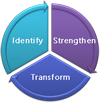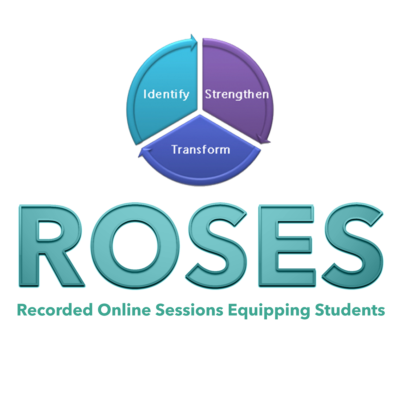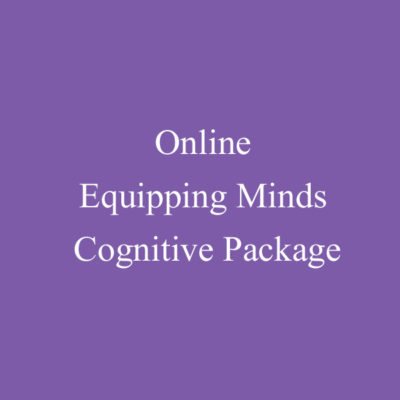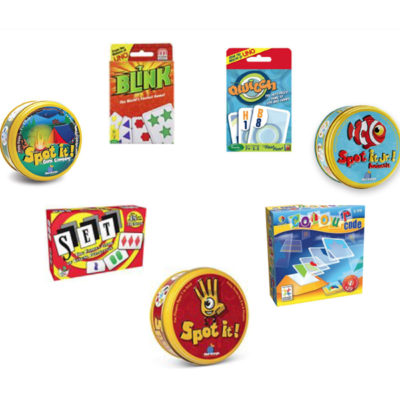Cognitive skills are not all about academics-it’s valuable life skill!
Recently I wrote and shared about the academic success that my daughter Rose Meurer has had with the help of Equipping Minds of Kentucky. If you recall from the last letter that Rose has Down Syndrome. In this letter, I would like to share with you how the work with Carol has also translated into success in everyday life. The fourth grade was a tough year. Rose was having some behavior problems and was generally very frustrated at school. She would often “shut down” by folding her hands across her chest, putting her head down and refusing to do anything further.
All that changed after we started working with Carol. Carol suggested using the phrase “I see Rose……” and she uses that phase in the teaching of the cognitive skills. Connecting a visual framework to everyday life. For example – if I would say to Rose, “Rose, I need you to stop what you are doing and come here to set the table” I would get no response. I changed that to “I see Rose getting up, turning off the tv, and coming to mom. What does Rose see?” Rose would say with excitement “I see Rose getting up, shutting off the tv and coming to mom!” Sometimes I would say – “I see Rose making a good choice, I see her putting down her toy and getting her shoes from the closet.” If Rose didn’t respond I would say. “I see Rose making a bad choice, she won’t put down her toy and get her shoes. I would like to see Rose make a good choice. What does Rose see?” More often than not she would say “I see Rose making a good choice!” This sounds simple but that simple phrase eliminated a whole lot of behavioral issues.
It would be very frustrating to me to ask Rose- “How was your day?” and in response, I would get “I don’t know.” I would ask her more specifically – “Did you work on math today?” The response would be “I don’t know.” When we changed that to “What would I see Rose doing today at school?” I would hear; “You would see Rose walk into school, then into the gym. Then I would go to my first class of Math.” Soon I was getting all kinds of information about her day! It was amazing. One of my favorite exercises we did with Carol was working on memory skills through the 10 categories developed by Aristotle. We would look at a picture and Carol would ask her 10 questions – what do you see, how many are there, what color is it, etc. Then cover the picture and ask Rose the same questions. Soon she was remembering details on complex scenes. Soon after when I would ask Rose to tell me about something we would get all kinds of details. For example, we would play “make a verbal story.” Rose would usually say something quite simple when it was her turn to add a sentence to the story. For example – “There was a bear.” That quickly changed to ” there was one, big, brown bear standing in the woods and he was mad.”
Rose participates in dance. She started to improve in her ability to remember dance routines and now is competing locally with a solo dance routine. Rose started to thrive at school. Learning was becoming easier. She could remember her 3 digit lunch number. There were fewer behavior issues. When middle school started I was so worried about the whole locker combination issue. She had it memorized by the end of the day! Even the principal was amazed that she got it! In class, the students were using their library card to access an online learning module. A few weeks into the course Rose lost her library card. I was a little annoyed with her and she said: “don’t worry mom I know the number!” It is xxx xxxx xxx. I did locate the card later that day and sure enough, she had the whole number memorized!
Recently we were registering for a procedure at the hospital. The registration clerk asked my phone number and Rose said – 859-797-4770. I said – ok smarty – what is it backward and she was able to do that without error! Rose can now remember to tell me about events at school. She can follow 3 step commands usually without too much trouble. She is remembering to turn in her homework. She remembers when she has a test. She is getting A’s and B’s at school with little modification (She gets 2 – 3 choices instead of 4 on multiple-choice tests).
Rose is able to express herself in a more meaningful way. Most interesting to me, because this past year we have been working on logic and abstract thinking, Rose is starting to understand sarcasm! When she does get it she can come back with a quick response and we all laugh. She enjoys watching more complex movies as she can follow the plot. She is enjoying reading for pleasure. Rose remembers all her passwords for her computer and iPad. She can do things on her iPad that I have no idea how to do. She also has figured how to change volume settings and things of that nature on our cell phones on her own. When faced with a problem Rose is better able now to reason thru it giving possible logical options on how to proceed. Overall she is thriving in school and in real life. Cognitive skills are not all about doing well on academics – it’s a valuable life skill! If your child is struggling – call Carol and have your child evaluated. You won’t be sorry. Give your child the skills they need to succeed!
Kathy Meurer



